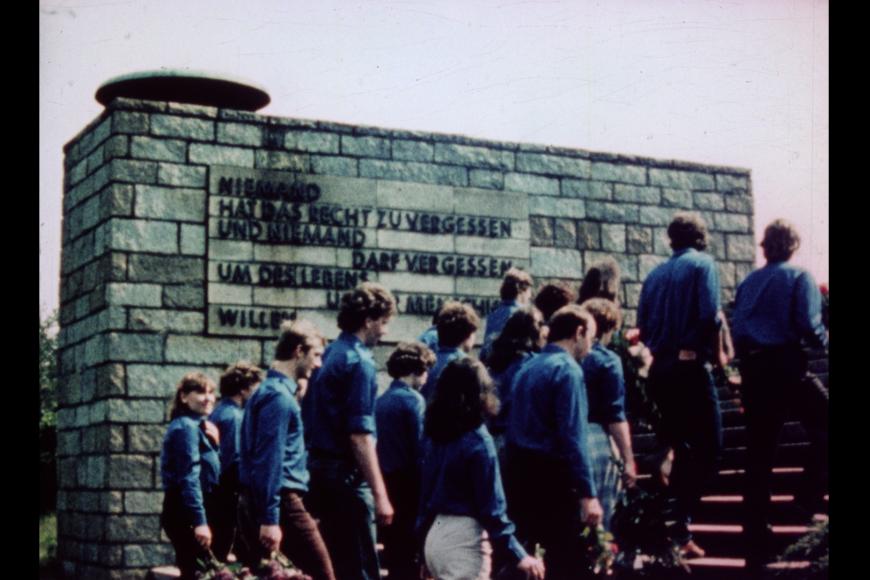When Karen Winther comes across a few old boxes during a move she finds herself confronted with her past. On top are some swastika stickers, next to a tape labelled “Blitz” and “Hits”, and a lot of stuff decorated with the imperial eagle. Twenty years ago she joined a right-wing extremist organisation in Norway, looking for adventure and like-minded people. “It’s embarrassing to look at,” she comments in the voice over.
“Exit” is her film, her story, and yet the plot soon points in other directions, refuses to be constrained by its own structure. Winther travels to the US to meet women who also used to move in right-wing extremist circles. She sits in the car with a former left-wing extremist activist, talking about a formative encounter many years ago. She meets Ingo Hasselbach, “The Führer of Berlin”, whose career in the East German neo-Nazi scene is the subject of Winfried Bonengel’s film “Führer Ex”. And she meets a former jihadist who served a sentence in a Paris prison. In addition to surprisingly similar motivations and experiences, what they all have in common are the difficulties caused by their “Exits” – feelings of guilt, but also threats from still active members.
Carolin Weidner
Awarded with the Goethe-Institut Documentary Film Prize, the Young Eyes Film Award and the Gedanken-Aufschluss Prize from the Jury of juvenile and yound adult prisoners of JSA Regis-Breitingen



